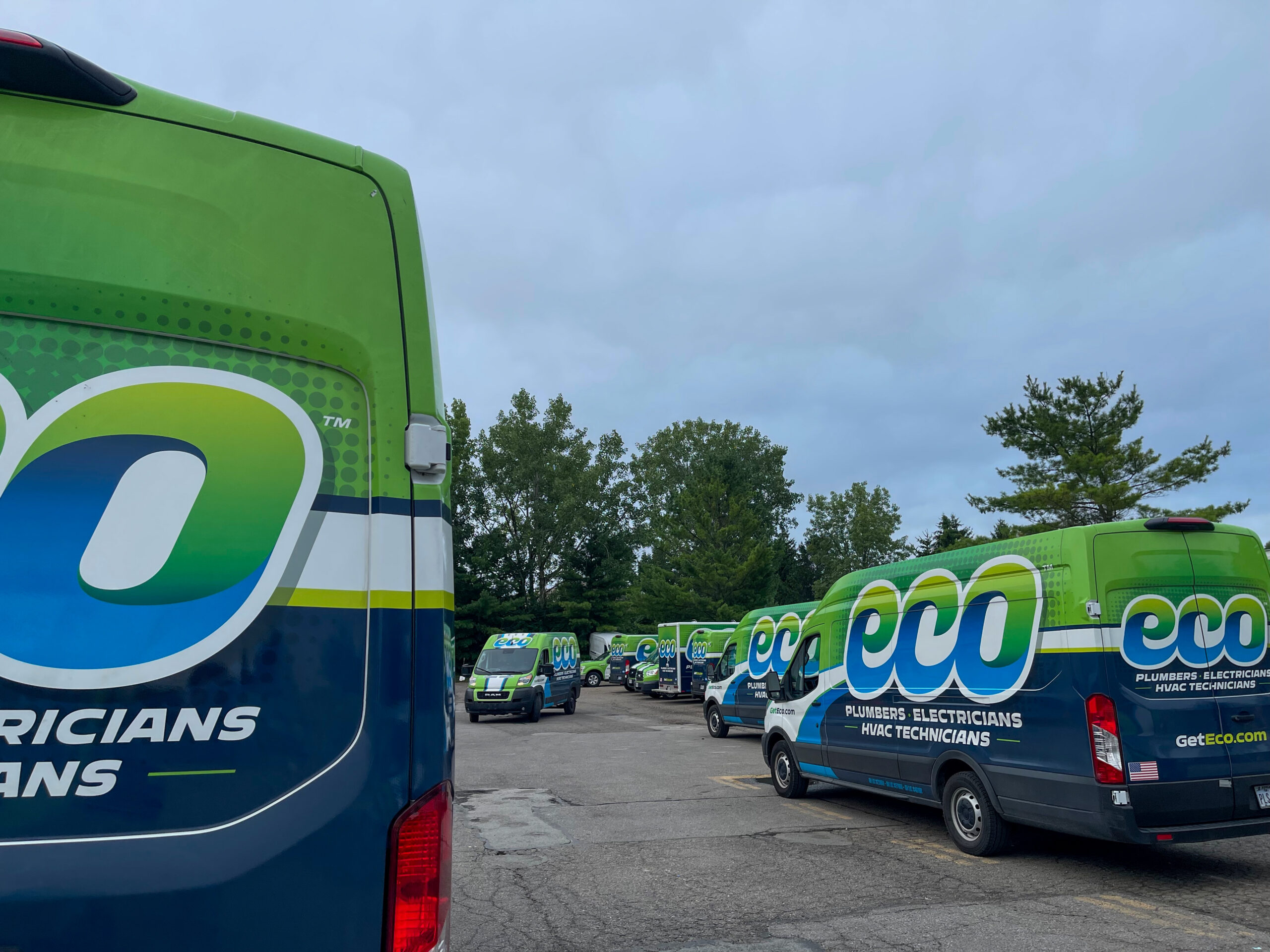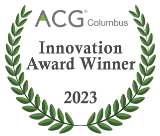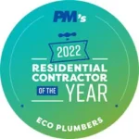Introduction
Choosing the right water treatment system for your home isn’t just about taste—it’s about the safety and quality of the water your family uses every day. With so many options, from filters to purifiers, understanding the differences helps you make an informed choice. Each system solves specific issues like hardness, contaminants or pH balance, so identifying your water concerns is key. Your water source—municipal supply or well—also impacts which system works best. By knowing the strengths and limits of each option, you can invest in a solution that truly fits your needs. If you’re looking for trusted water treatment systems Dayton, OH, here’s a breakdown of the most common systems to help you find the perfect match.
Compare Water Systems to Find Your Best Fit
1. Activated Carbon Filters
Activated carbon filters are one of the most popular water treatment options known for removing chlorine, sediment and unpleasant tastes or odors. They work by trapping contaminants within a porous carbon material, making them great for improving drinking water quality. They’re relatively affordable and easy to install, making them perfect for homeowners looking for a quick fix. However, they don’t remove minerals, salts or heavy metals, so they may need to be combined with other systems. Regular replacement is key to maintaining efficiency as clogged filters lose effectiveness. For households concerned about taste and minor impurities, this option delivers great results.
2. Reverse Osmosis Systems
Reverse osmosis (RO) systems are highly effective at removing a wide range of contaminants, including lead, arsenic, nitrates and fluoride. They work by pushing water through a semipermeable membrane that filters out even microscopic particles. While they provide very clean water, they also waste some water in the process. Installation and maintenance can be more complex than simple filters and they’re generally more expensive. However, for families with serious water contamination concerns, RO is the ultimate purification. Many homes in areas with questionable tap water quality rely on this technology for peace of mind.
3. Water Softeners
Water softeners address hard water issues by removing calcium and magnesium minerals. They prevent scale buildup in pipes, appliances and fixtures, extending their life and efficiency. The system uses ion exchange to replace hardness minerals with sodium or potassium. While they’re great for protecting plumbing and appliances, they don’t remove chemical contaminants or pathogens. Soft water feels better for bathing and cleaning, making it a great comfort upgrade. For areas with notoriously hard water, like water treatment in Columbus, OH, services often address this as a go-to solution.
4. Ultraviolet (UV) Purifiers
UV purifiers kill bacteria, viruses and other microorganisms by exposing water to ultraviolet light. They’re a chemical-free method of disinfection, making them eco-friendly and safe. UV systems are great for well water users or homes with microbiological contamination risks. However, they don’t remove chemical pollutants or particulates, so they’re often used with filtration systems. Maintenance involves changing the UV lamp annually to ensure effectiveness. For households that prioritize germ-free water, UV is a reliable choice.
5. Distillation Systems
Distillation systems purify water by boiling it and then condensing the steam back into liquid, leaving impurities behind. This method removes bacteria, viruses, heavy metals and minerals, producing very pure water. It’s an energy-intensive process and can be slow, making it less practical for large households. However, it’s highly effective for producing safe drinking water in smaller quantities. Distillation is particularly useful for people with compromised immune systems or highly contaminated water sources.
Choosing the right water treatment system depends on your water source, quality concerns and household size. Activated carbon filters are great for taste improvement, RO systems remove contaminants, water softeners protect plumbing from hardness damage, UV purifiers ensure pathogen-free water and distillation offers exceptional purity. Combining systems can deliver total water quality improvement. By understanding these options, you can make a confident, informed investment in your home’s water health.
Conclusion
Are you ready to enjoy cleaner, healthier water? Schedule your personalized water quality assessment today and discover the system that will transform every drop in your home. Call us at Eco Plumbers, Electricians, and HVAC Technicians at (855) 326-7586 for more information.
📌Eco Service Center – trusted experts in plumbing, electrical, and HVAC, delivering efficient, safe, and seamless home solutions you can count on.









